-
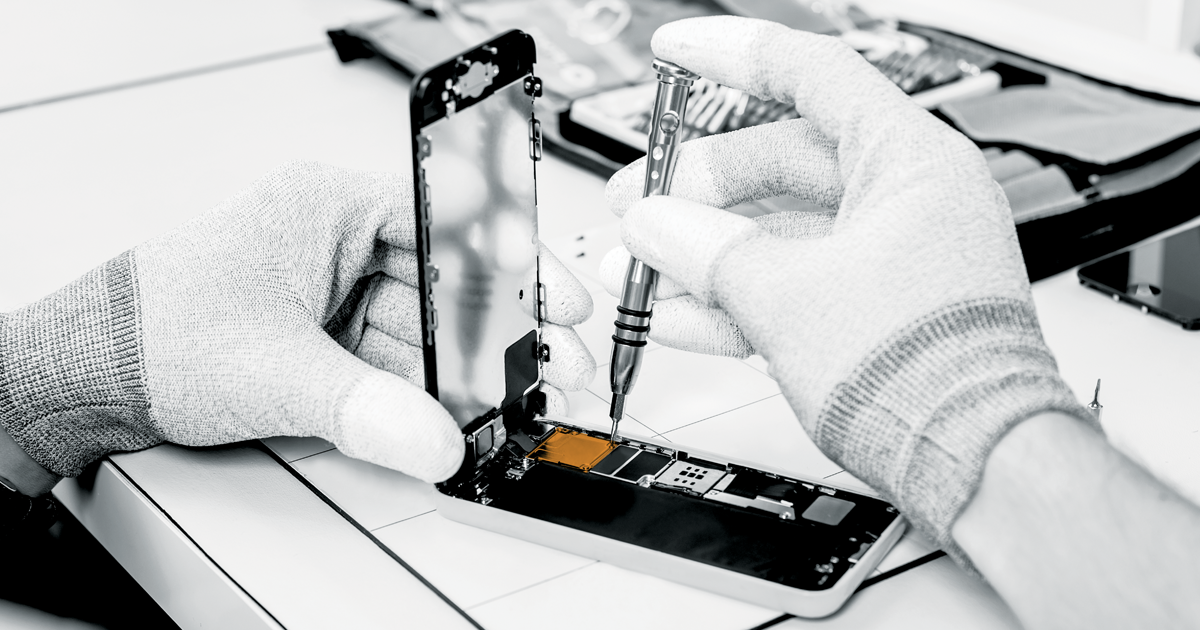
Case studies
To help you get a better understanding of the role and capabilities of the DFU, we have put together some examples of the team's work.
-
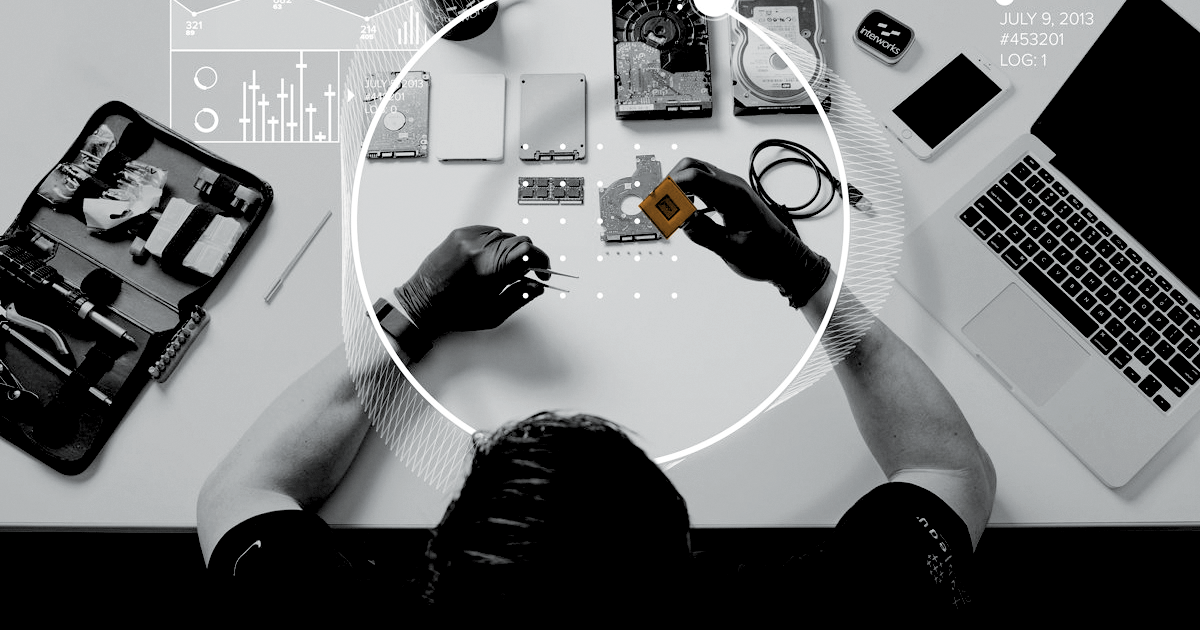
About the DFU
The Digital Forensics Unit specialises in digital, computer and mobile forensic investigations for NHS organisations
-
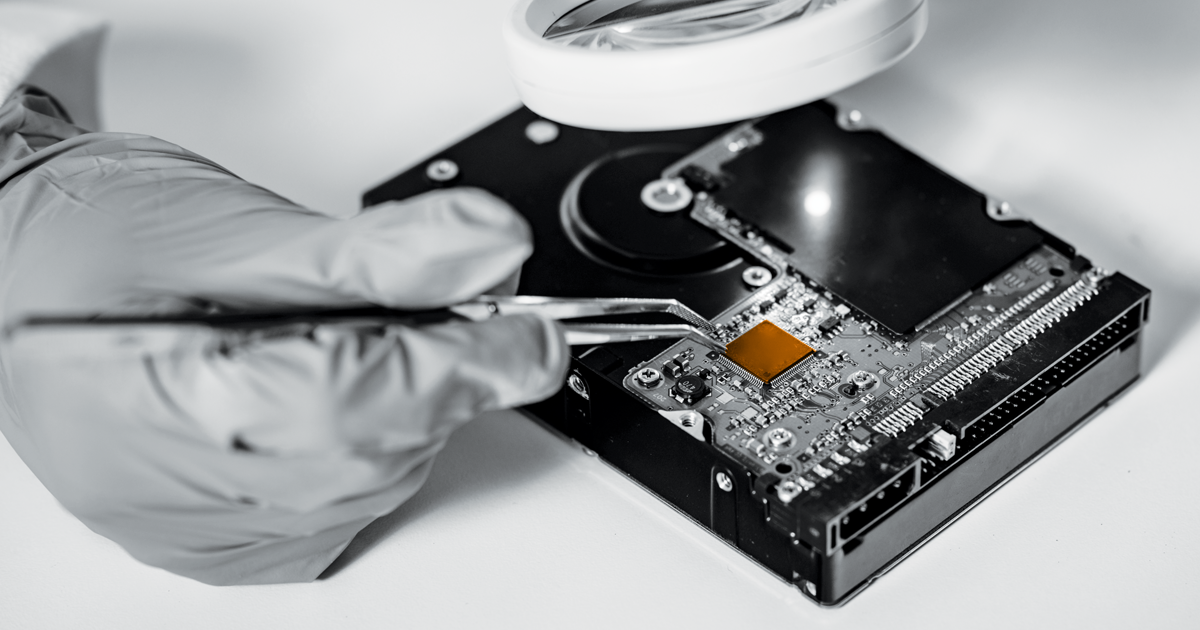
Our senior digital forensics investigators
All members of the team are Accredited Counter Fraud Specialists who have undergone rigorous training.
-

Acquisition and analysis
Acquisition and analysis are among the main functions of the DFU. They include the identification, preservation, collection, analysis and presentation of data from digital media.
-
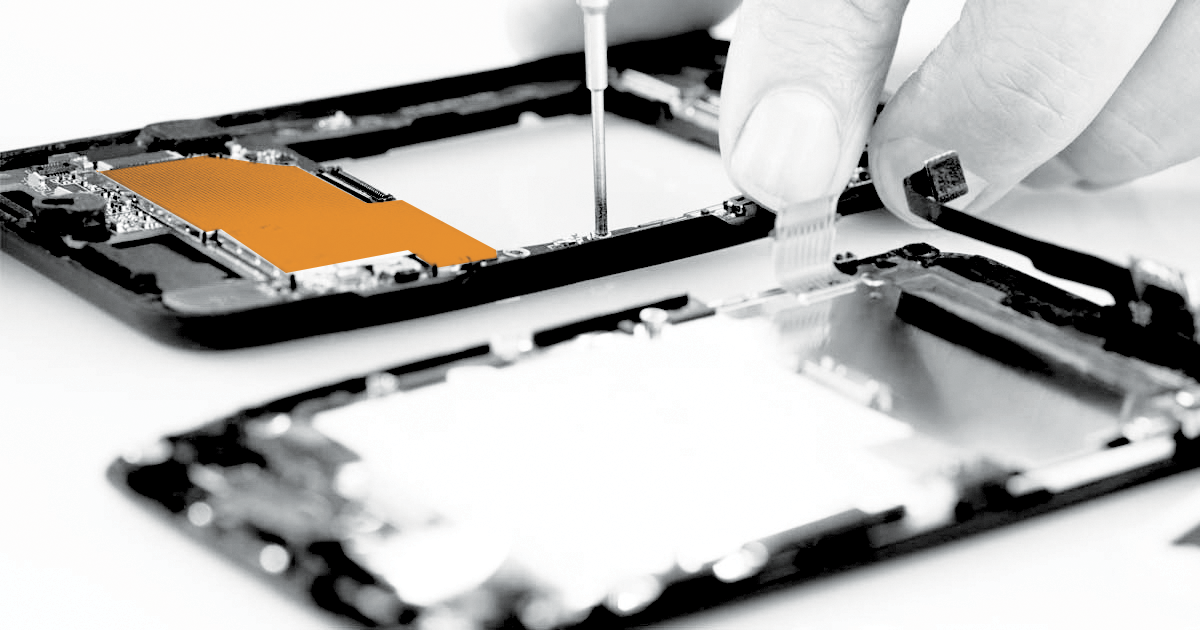
Mobile devices
Find out how data can be recovered from mobile phones including contacts, call logs, text messages, e-mails, photographs, videos, locations visited, notes, calendar, passwords, Internet history and more.
-
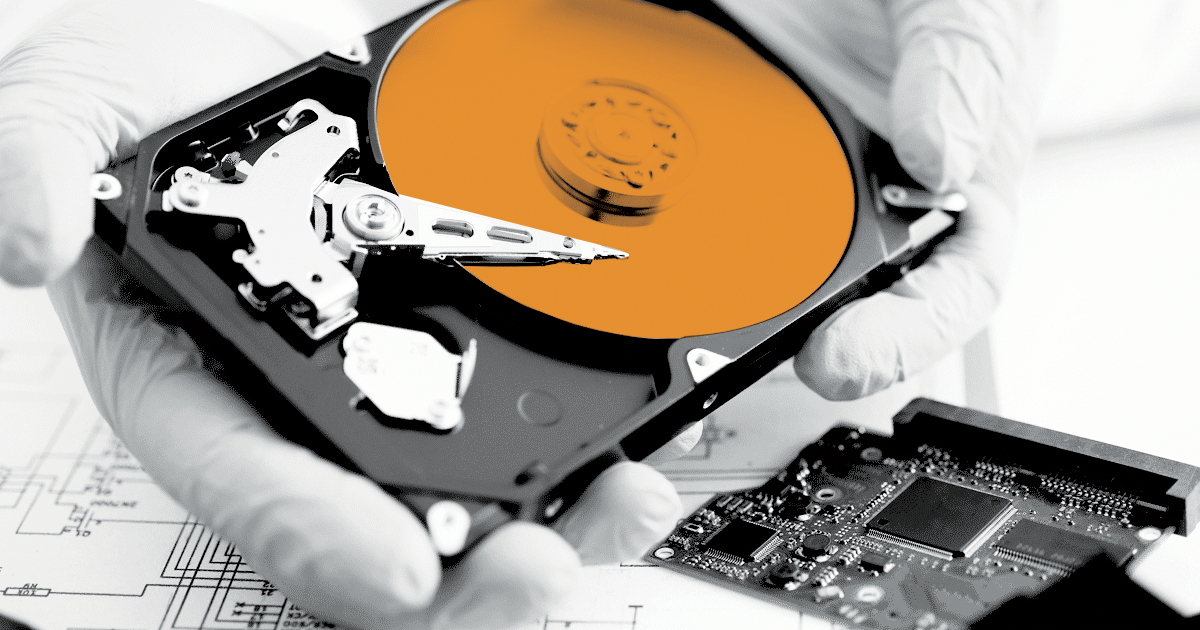
Data recovery and restoration
The DFU can assist in recovering data from digital media. The most common data loss encountered is simply the accidental deletion of files. Deleted data may well be recoverable.
-
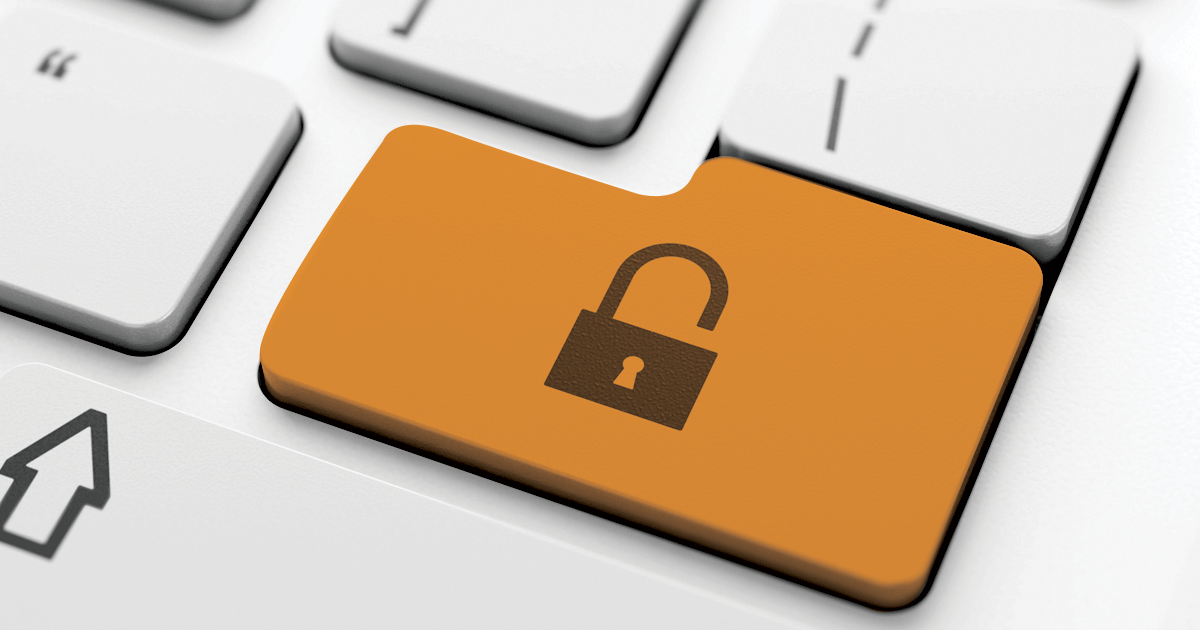
GPU accelerated password cracking
The DFU can assist with the recovery of passwords when a user has forgotten their own password or, more commonly, where password protected files are encountered as part of an investigation.
-
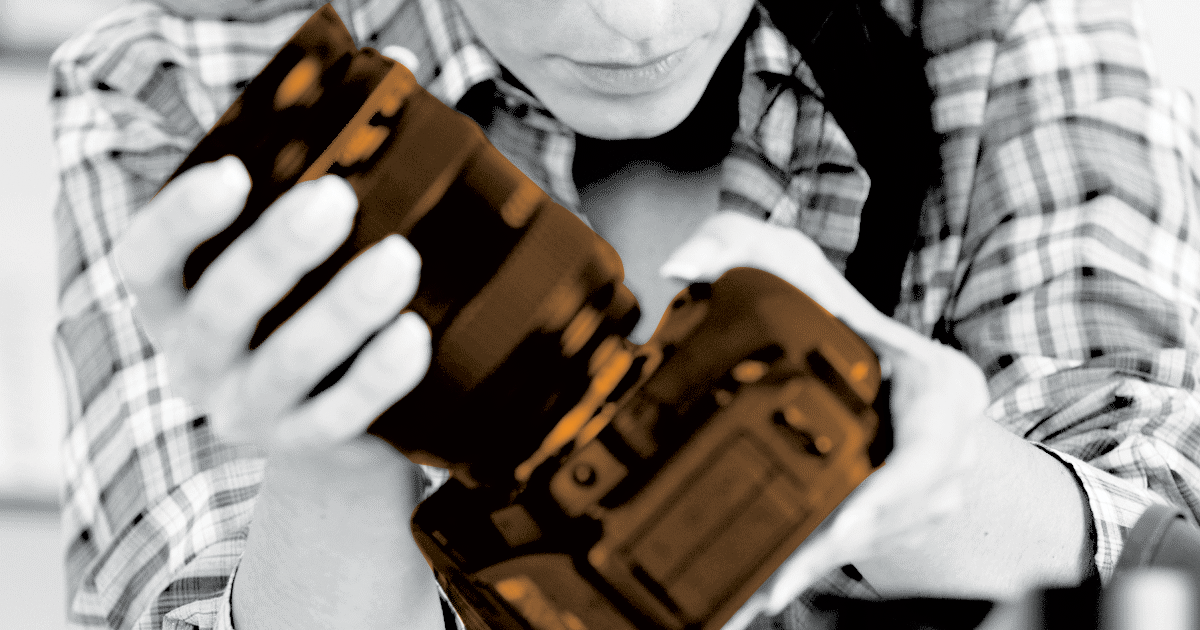
Digital forensics dos and don'ts
Incorrect handling and processing of forensic evidence can affect the outcome of a potentially successful trial or investigation. Take the right steps now to ensure you correctly secure your evidence.
-
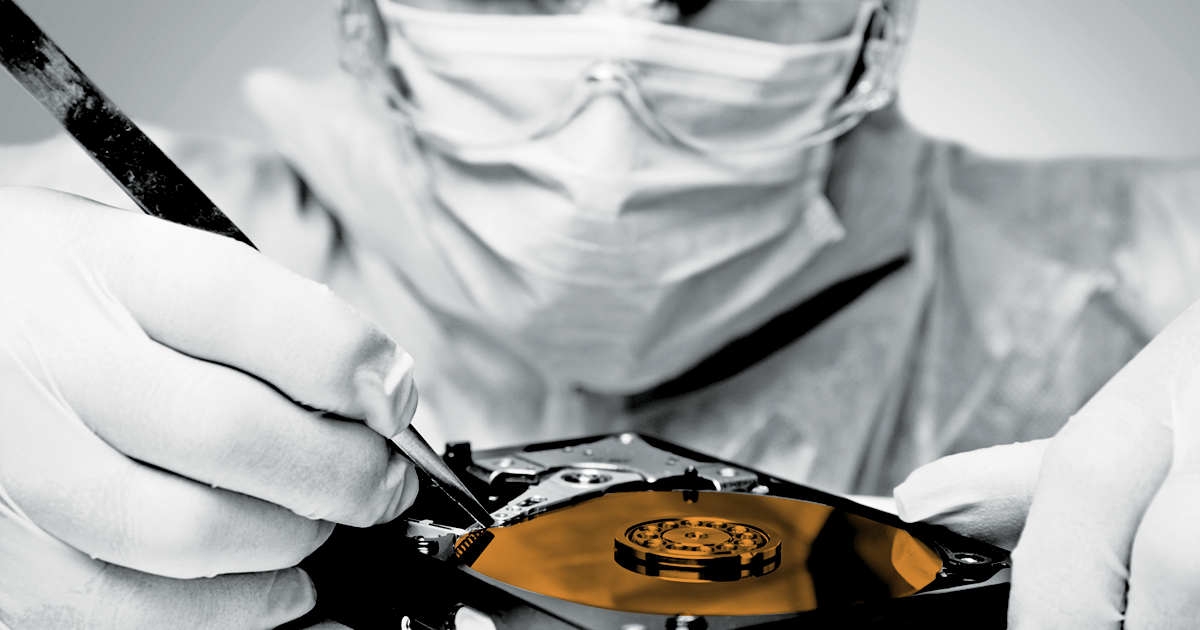
Request digital forensics work and services from the DFU
Contact the DFU for help and advice with your digital forensics requirements.
Digital Forensics Unit
Providing a comprehensive digital forensics service to the NHS.
Was this page helpful?
Help us improve cfa.nhs.uk
Tell us what's happened so we can fix the problem. Please do not provide any personal, identifiable or sensitive information.